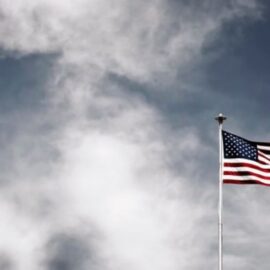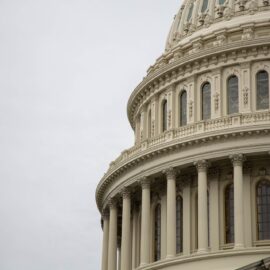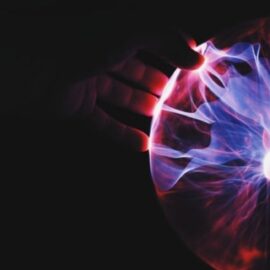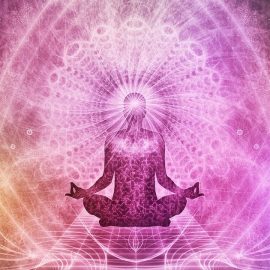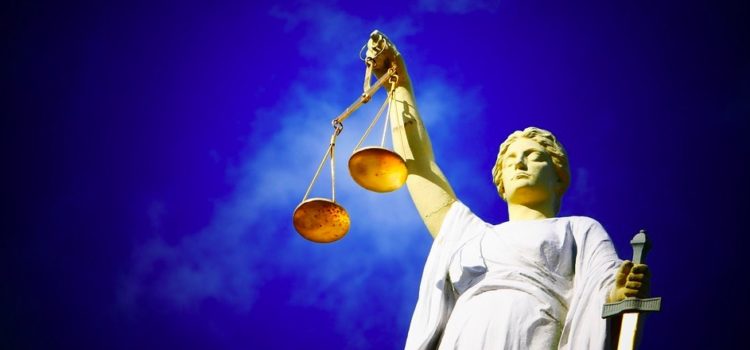
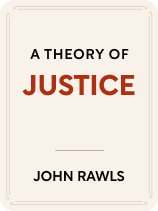
This article is an excerpt from the Shortform book guide to "A Theory of Justice" by John Rawls. Shortform has the world's best summaries and analyses of books you should be reading.
Like this article? Sign up for a free trial here.
What is John Rawls’s “veil of ignorance” assumption? How can ignorance inform justice?
The veil of ignorance is a device for helping people arrive at a rational definition of justice. The idea is that by imagining that they are ignorant about their personal circumstances—things like race, sex, gender, age, wealth, and religious beliefs—people can prevent their biases from interfering in their reasoning.
Here’s why justice should be founded on ignorance, according to Rawls.
The Veil of Ignorance
While the representatives understand the above circumstances, Rawls also explains that there are some things that they don’t know—a lack of knowledge that he calls the “veil of ignorance.” Under the veil of ignorance, the representatives don’t know the specific life circumstances of those they represent. Because the representatives don’t know these circumstances, they’ll only argue for a definition of justice that benefits a general citizen, rather than a citizen with specific traits or qualities.
For example, a representative speaks on behalf of Jolene, a wealthy Buddhist woman.
- Without the veil of ignorance, the representative knows these things about Jolene and would argue for a definition of justice that benefits the wealthy, or for the Buddhist definition of justice.
- With the veil of ignorance, however, the representative simply knows they speak on behalf of “Citizen J.” Therefore, they won’t argue for a definition of justice that favors the wealthy or Buddhists—for all they know, Citizen J could be a poor Protestant, a middle-class Muslim, or anything else.
(Shortform note: The veil of ignorance allows Rawls to incorporate a common liberal ideal—that people should ignore their personal background and biases in favor of detached rational debate—into his thought experiment. Many critics have attacked Rawls’s veil of ignorance, though, arguing that personhood is defined by our backgrounds, communities, and experiences, and that you can’t separate these things from conceptions of reason and rational debate the original position relies on. In his later work Political Liberalism, Rawls says these objections miss his point because they focus on the metaphysical question of what it means to be a person rather than the political question of how self-interested, competent individuals might negotiate fairly.)
| Rawls’s Ideological Roots In A Theory of Justice, Rawls offers a defense of liberalism—an ideology that began in 17th-century England with philosophers like Thomas Hobbes and John Locke, and later expanded to include thinkers across Europe and its colonies. While liberalism is a broad category of ideas, three main ideas come up repeatedly: 1) Society is made up of rational individuals, rather than intermingling groups and communities. 2) Government exists for the benefit of the people and must guarantee certain rights and liberties that all rational individuals deserve. 3) In particular, the government must guarantee an individual’s right to own property and capital. As you read our guide, consider how Rawls defends these three core principles of liberalism and how he tries to make them compatible with guarantees of general societal well-being. |

———End of Preview———
Like what you just read? Read the rest of the world's best book summary and analysis of John Rawls's "A Theory of Justice" at Shortform.
Here's what you'll find in our full A Theory of Justice summary:
- John Rawls's 1971 theory of justice as fairness
- A breakdown of Rawls's Original Position theory and framework
- The three duties every citizen has in a just society

